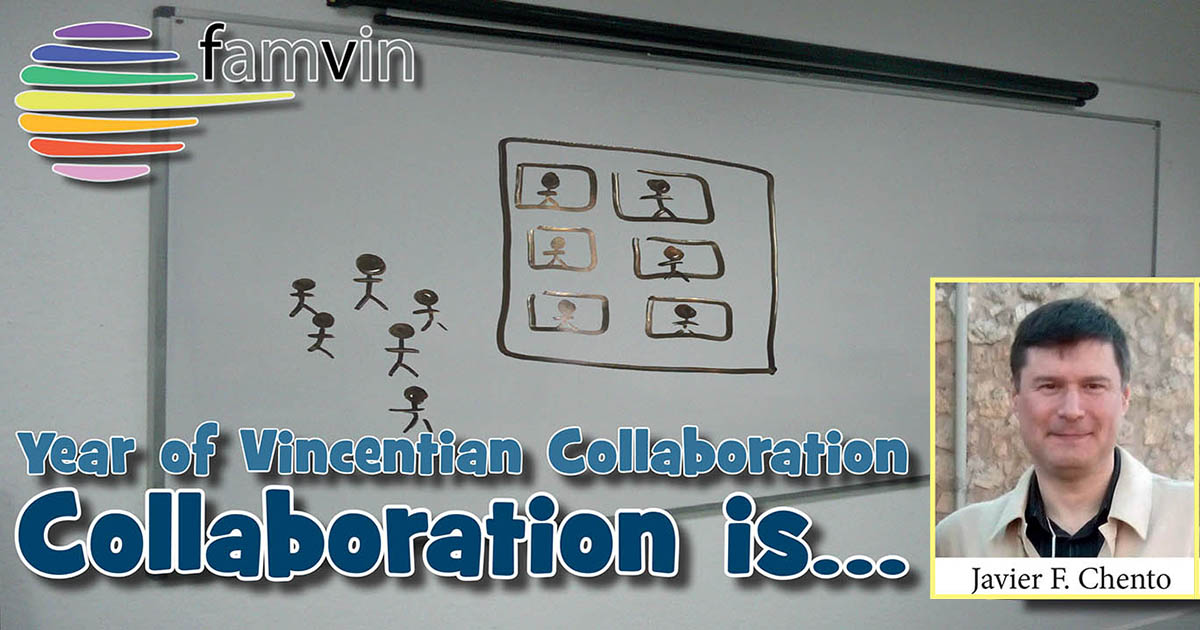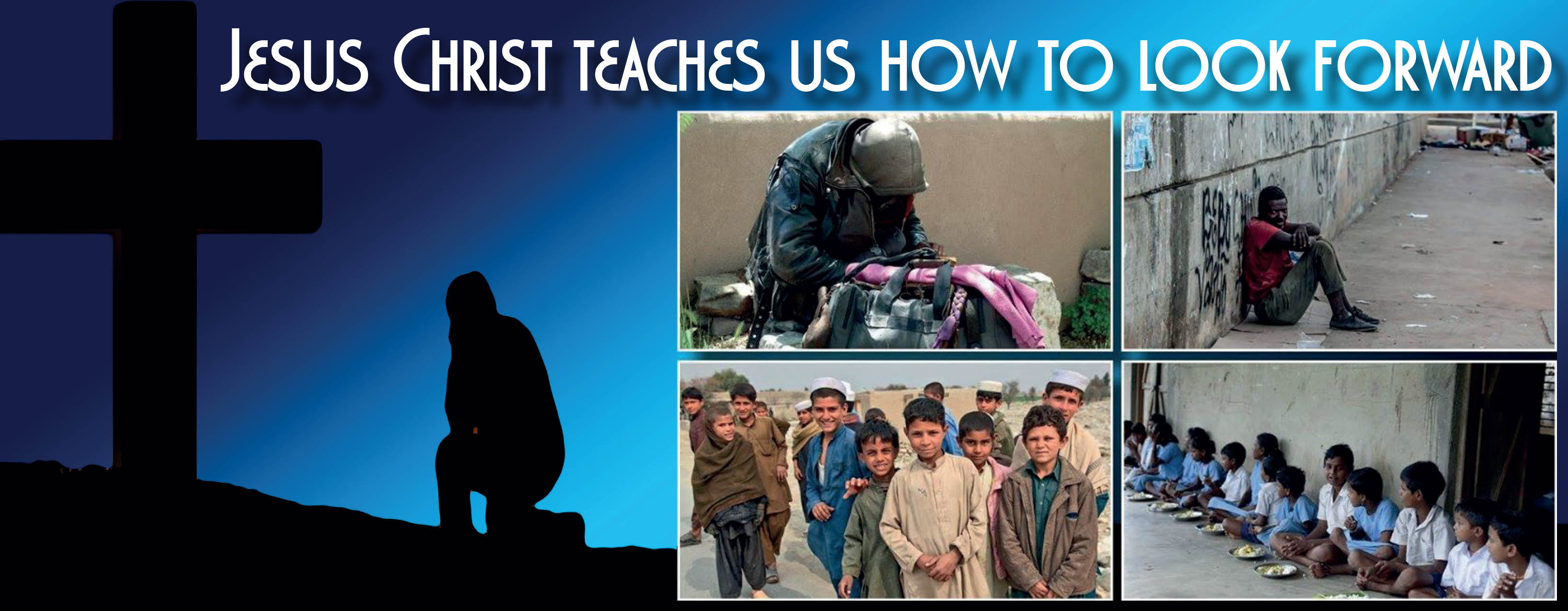We have just finished our yearly celebration of Jesus Christ’s victory over death and sin. The Easter Triduum is the center of the liturgical life of the Church and the vital core where believers find the be-all and end-all of their existence. Because God the Father confirms the words and works of His Son Jesus Christ, death is not the disastrous fate that awaits us pilgrims on this earth.
 Christianity is distinct from most other beliefs fundamentally in this: God became one of us; we human beings are not the ones who have sought God first, but rather God himself is the one who has come close to his people. In that sense, we Christians do not “look upward” in search of God… since God Himself has come down! It is he who has looked downward:
Christianity is distinct from most other beliefs fundamentally in this: God became one of us; we human beings are not the ones who have sought God first, but rather God himself is the one who has come close to his people. In that sense, we Christians do not “look upward” in search of God… since God Himself has come down! It is he who has looked downward:
Christ Jesus, though he was in the form of God, did not regard equality with God something to be grasped. Rather, he emptied himself, taking the form of a slave, coming in human likeness; and found human in appearance, he humbled himself, becoming obedient to death, even death on a cross. (Phil 2, 6-8)
God wanted to walk on our paths, to eat with us, to laugh and mourn among the people… to live, ultimately, our very life. The Son of God became man in order to be our only mediator before the Father (1 Tim 2: 5), and there is no other name given to us by which we are to be saved (Acts 4, 12).
Two thousand years after his time on earth, we Christians try to follow his footsteps and continue his work in a world full of sorrows. It seems that the Kingdom of God is still far away, but faith assures us that it is —from the perspective of the “here and now” and the “not yet” of salvation— continually being built. It is like the pebble that one has thrown; it keeps flying until it lands, which it will do without fail.
In what sense can we say that Christ is present among us, that God is still actively present in the journey of the Church and of humanity? Three notes:
- A few Sundays from now, the liturgy will remind us of the last words of Jesus, “I am with you always, until the end of the age” (Mt 28, 20). We repeat every Sunday in the Creed that we believe in the Holy Spirit, in the presence of the divine among us, in the Paraclete, a dynamic force that drives us and makes us continue Jesus’ work and mission on earth: “But if I go, I will send him to you. He will glorify me, because he will take from what is mine and declare it to you” (Jn 16, 7. 14).
- Deeply convinced that God’s face is reflected more accurately and clearly in the faces of our poor brothers and sisters, the Church goes out to meet them as if she is going to the Lord himself. In this sense, we meet the Lord every time we meet the poor: “In serving the poor we serve Jesus Christ” (SVP IX, 252). For Vincent de Paul, to serve God is the same as to serve the poor.
- Jesus Christ wanted to stay with us in the Bread and Wine shared.
To go back to where I started, around us, in the peripheries that Pope Francis insists on so much, is where we will find God if we look forward. This is certainly our Vincentian spirituality. Vincentians are not to remain looking at the sky. We are told, as were the apostles, in Acts 1, 11, “Why are you standing there looking at the sky?” Because God has remained on earth, we are to look around us. There is no room here for half-measures or mediocrity. St Vincent said: What! To be a Christian and to see our brother suffering without weeping with him, without being sick with him! That is to be lacking in charity; it is being a caricature of a Christian” (SVP XII, 271).
In this Year of Collaboration, let us encourage one another to continue looking for God where he reveals himself with crystal clarity. You, as a vincentian, know where.
For reflection and dialogue:
- What kind of spirituality do I live? Where do I find God?
- Do I really believe that my encounter with the poor is an encounter with Jesus Christ? Have I perhaps “professionalized” my apostolate?
Javier F. Chento
![]() @javierchento
@javierchento
![]() JavierChento
JavierChento









0 Comments